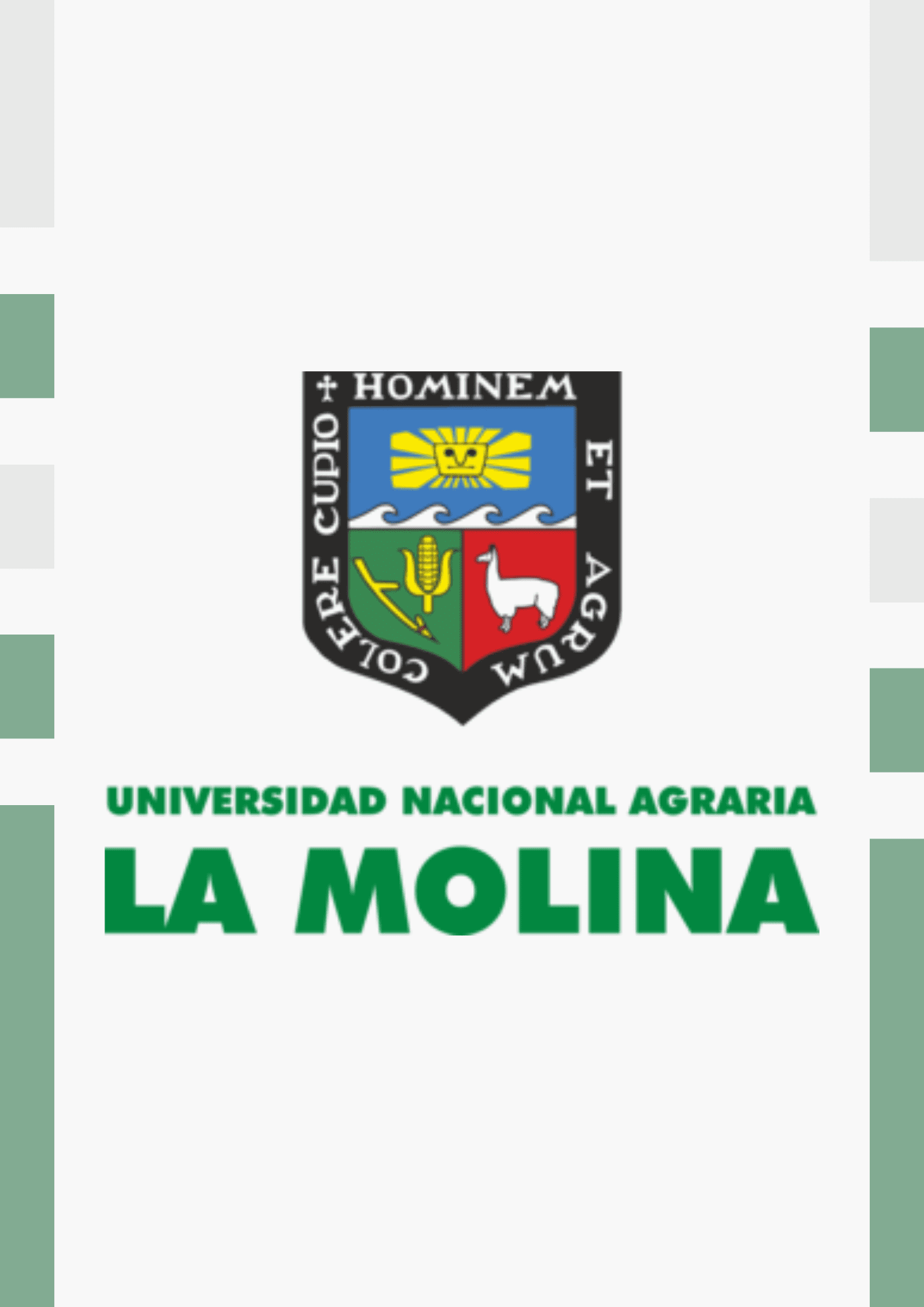Estatus de frutos no hospedantes de mosca de la fruta para la apertura de nuevos mercados
| dc.contributor.advisor | Joyo Coronado, Germán Elías | |
| dc.contributor.author | Oré Butler, Carla Ursula | |
| dc.date.accessioned | 2023-12-22T18:34:04Z | |
| dc.date.available | 2023-12-22T18:34:04Z | |
| dc.date.issued | 2023 | |
| dc.description | Universidad Nacional Agraria La Molina. Facultad de Agronomía. Departamento Académico de Entomología | |
| dc.description.abstract | El presente trabajo tiene por objetivos determinar el estado de hospedante o no de frutos hortofrutícolas para mosca de la fruta con el fin de poder eliminar tratamientos cuarentenarios, así como hacer conocer los ensayos que ayudan a determinar si un fruto es hospedante o no de mosca de la fruta y acceder a nuevos mercados. Para ello se ha hecho un repaso de aspectos referentes a la biología y comportamiento de la de mosca de la fruta y la relación de la mosca con sus hospedantes, también aspectos de los nuevos mercados y tratamientos fitosanitarios como consecuencia de la presencia de esta plaga cuarentenario en nuestro territorio. Se desarrolló la experiencia profesional describiendo los ensayos de campo realizados según las pautas NIMF-35; la investigación se hizo en granadilla (Passiflora ligularis) en la localidad de Oxapampa durante los años 2016 y 2017. Los ensayos se hicieron bajo condiciones de campo y laboratorio, en 2 localidades diferentes, con las 2 especies de mosca de fruta; Ceratitis capitata y Anasthrepha fraterculus y durante los dos años. A través de los ensayos se determina que la granadilla no es un hospedante natural de la mosca de la mosca de la fruta. Se concluye que para demostrar si un fruto o producto frutihortícola es hospedante o no de mosca de fruta se realizan ensayos, recolección de información, muestreo frutos hospedantes o no hospedantes de un área determinada y los experimentos descritos. Afianzar con trabajos de campo las labores de control, monitoreo y erradicación de mosca de fruta siempre van a ser importantes y concluyentes para mantener rangos de infestación e índices de mosca de la fruta en niveles aceptables según las normas y acuerdos entre países para poder mantener y acceder a mercados internacionales. | |
| dc.description.abstract | The objectives of this work are to determine the host status of fruit flies in order to eliminate quarantine treatments as well as to make known the tests that help determine whether a fruit is a host or not for fruit flies and access new markets. To this end, a review of aspects related to the biology and behavior of the fruit fly and the relationship of the fly with its hosts, as well as aspects of new markets and phytosanitary treatments as a consequence of the presence of this quarantine pest in our territory. Professional experience has been developed describing the field tests carried out according to the international NIMF-37. The work was carried out in granadilla (Pasiflora ligularis) during the years 2016 and 2017 in Oxapampa. The trials are under field and laboratory conditions, with the two species of fruit fly; Ceratitis capitata and Anastrepha fraterculus and for two years. Through the trial it is determined that passion fruit is not a natural host for fruit flies. It is concluded that, to demonstrate whether a fruit or fruit and vegetable product is a host or not of a fruit fly, tests are carried out, information is collected, and the sampling of host or non-host fruits from a given area and the experiments are described. Strengthening with field work the control, monitoring and eradication of fruit flies will always be important and conclusive to maintain infestation ranges and fruit fly indices at acceptable levels according to the standards and agreements between countries to be able to maintain and access international markets. | |
| dc.format | application/pdf | |
| dc.identifier.uri | https://hdl.handle.net/20.500.12996/6138 | |
| dc.language.iso | spa | |
| dc.publisher | Universidad Nacional Agraria La Molina | |
| dc.publisher.country | PE | |
| dc.rights | info:eu-repo/semantics/openAccess | |
| dc.rights.uri | https://creativecommons.org/licenses/by-nc-nd/4.0/ | |
| dc.subject | Estatus hospedante | |
| dc.subject.ocde | https://purl.org/pe-repo/ocde/ford#4.01.07 | |
| dc.title | Estatus de frutos no hospedantes de mosca de la fruta para la apertura de nuevos mercados | |
| dc.type | info:eu-repo/semantics/bachelorThesis | |
| dc.type.version | info:eu-repo/semantics/publishedVersion | |
| renati.advisor.dni | 40903667 | |
| renati.advisor.orcid | https://orcid.org/0000-0003-4785-5105 | |
| renati.author.dni | 10001499 | |
| renati.discipline | 811036 | |
| renati.juror | Dueñas Dávila, Federico Alexis | |
| renati.juror | Arteaga Donayre, William Alberto | |
| renati.juror | Livia Tacza, Carmen del Pilar | |
| renati.level | https://purl.org/pe-repo/renati/level#tituloProfesional | |
| renati.type | https://purl.org/pe-repo/renati/type#trabajoDeSuficienciaProfesional | |
| thesis.degree.discipline | Agronomía | |
| thesis.degree.grantor | Universidad Nacional Agraria La Molina. Facultad de Agronomía | |
| thesis.degree.name | Ingeniero Agrónomo |
Files
Original bundle
1 - 3 of 3
Loading...
- Name:
- ore-butler-carla-ursula.pdf
- Size:
- 1.46 MB
- Format:
- Adobe Portable Document Format
- Description:
- Texto completo

- Name:
- Informe Originalidad.pdf
- Size:
- 822.23 KB
- Format:
- Adobe Portable Document Format
- Description:
License bundle
1 - 1 of 1

- Name:
- license.txt
- Size:
- 1.63 KB
- Format:
- Item-specific license agreed upon to submission
- Description:

